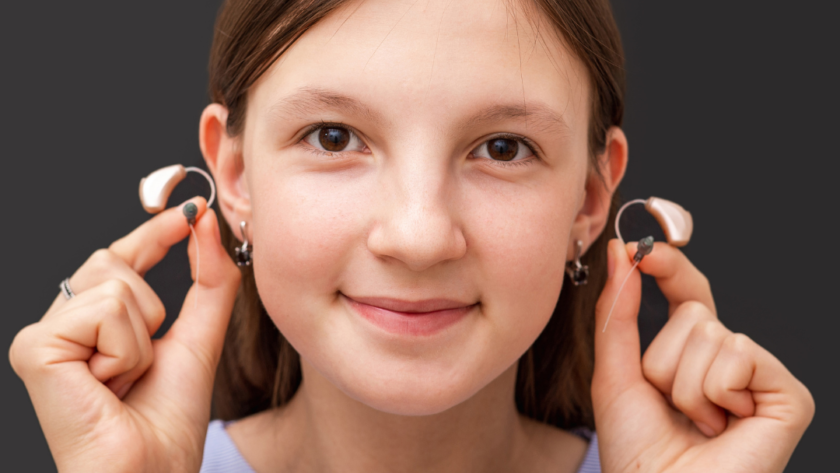Hearing loss is the result of normal aging and certain ear infections. It’s a very common condition, but many people don’t take it seriously. The condition is a partial or complete inability to hear. Teens with this issue may be unable to hear some sounds or any sounds at all. Hearing loss is common among teenagers who use earbuds, headphones, and other listening devices without the volume being monitored by an adult. Most teens are exposed to noise over 85 decibels, which can damage their hearing.
What Causes Hearing Loss in teens?
The most common cause of hearing loss in teens is noise. This can be caused by loud music, machinery, or firearms. According to ear, nose and throat doctors at Texas ENT Specialists
, another cause is ear infections that lead to fluid buildup or damage to the eardrum (a thin layer of skin that vibrates to sound). Other causes include:
- An accident that damages the ear
- Medicines that are toxic to the ears
- Illnesses like meningitis, mumps, and measles
How can teens prevent hearing loss?
Teenagers are especially prone to hearing problems. There are a variety of things that can contribute to it, including excessive noise exposure, one-on-one phone conversations, and attending loud concerts or sporting events.
There are a number of ways that teens can protect their hearing and prevent hearing loss from occurring:
- Avoid loud sounds. This is by far the most important way to protect your ears. If you want to avoid hearing loss, you have to avoid the things that can cause it: exposure to loud sounds (concerts, sporting events), prolonged exposure (loud music), and prolonged exposure at high volume (talking on cell phones in areas with poor acoustics).
- Regularly wearing a fitted cap when outside. This will reduce the noise exposure going into your ears and help preserve your ability to hear at high frequencies.
- Set an appropriate volume limit on personal devices. Many smartphones have a built-in setting to limit the maximum volume output of that device — usually with a label like “Hearing Safety” or something very similar. You’ll find this feature hidden somewhere in the settings menu of your device, often under accessibility options.
- Avoid using cotton swabs (Q-tips) or other objects to clean your ears. This can push wax deeper into your ear canal and damage your eardrum, which can lead to hearing loss.
- Visit a doctor- By seeing your doctor regularly and scheduling hearing tests when you need them, you can avoid losing your hearing altogether.
Final Words
Overexposure to noise has been shown to negatively affect hearing in both adults and children, so it’s important for teens and those around them to understand the risks involved. The good news is that teens are still young enough to make changes today that won’t have lasting effects on their hearing tomorrow. They can do this by avoiding listening to music on headphones at high volumes, being aware of how loud they turn the volume up when watching movies or TV, and getting regular ear exams from a doctor.



